IPNLF works directly with fisheries, policymakers and seafood traders to maintain and enhance the ecological, social and economic benefits of one-by-one tuna fleets internationally. We specifically work with one-by-one tuna fisheries worldwide, to ensure their sustainable management and enhance their application of best-practices. We implement practical fishery projects and facilitate multisector cooperation to both support and improve existing one-by-one tuna fisheries, and to promote the revival or development of new one-by-one tuna fishery opportunities globally.
We use evidence-based, solutions-focused approaches to build the research-base required to inform best practice and implement the most effective, strategically focussed and cost effective fishery improvement initiatives possible.
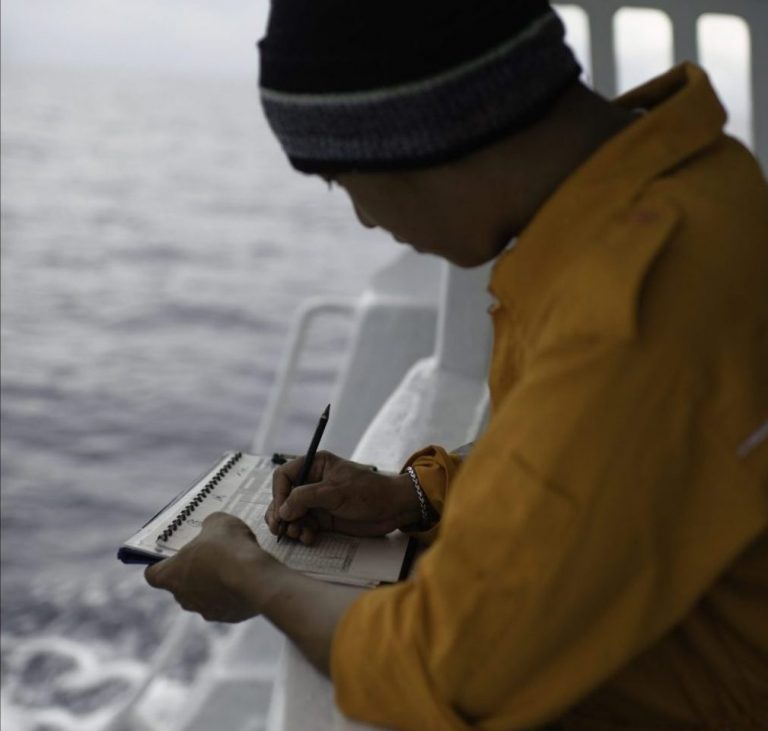
To inform improvements on the water we collect data to understand and prioritise challenges to resolve within our fisheries. Most of our scientific data collection on the water is conducted by port-based and onboard observers through the tailored at-sea observer programmes, which IPNLF help establish and manage in multiple countries. The data collected helps us holistically monitor the performance of our fisheries, and to make strategic improvements in best practice and efficiency where necessary.
Information and communication technologies (ICTs), such as smartphones, applications and cloud analytics, hold enormous potential for transformative gain. They increasingly allow us to automate and augment the collection, collation, communication and analysis of more and better data to inform targeted interventions. IPNLF work with partners to improve data collection in one-by-one fisheries using ICTs where applicable and possible.
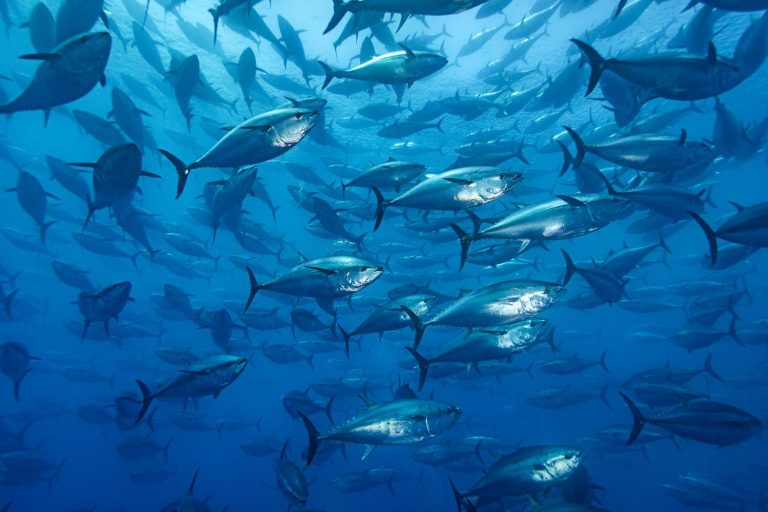
We recognise the impact that all fishing has on the environment, both historically and today, but we envisage a different future. One-by-one fishing gears, by design, selectively harvest healthy tunas while having minimal negative impacts on broader ecosystems. Nonetheless, we continue to help our fishers further minimise their impacts through initiatives that improve the efficiency of baitfish use and strive towards a nature positive system of food production. Nature-positive food production systems recognise that biodiversity underpins the delivery of all ecosystem services on which humanity depends and that these are critical for the delivery of the Sustainable Development Goals, the Convention on Biological Diversity and the Paris Agreement. To achieve this we develop fisheries which have sustainably managed improved yields but focus on reduced costs on people or planet and aim to maximise biodiversity and ecosystem functions, which enhances resilience to climate change, and emit fewer greenhouse gas emissions.
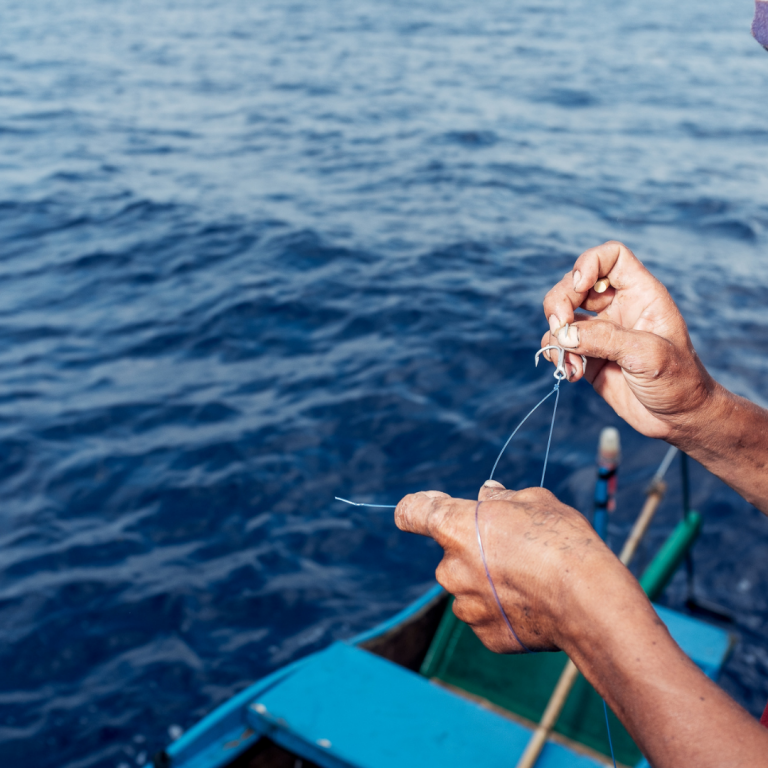
We continuously strive for more effective management on the water by informing, developing and promoting improved policies, regulations, conservation, monitoring and enforcement measures for all tuna fisheries on a global scale. To effectively apply and evidence conformity to improved measures within our fisheries, we build relationships with fishers, help them positively influence and take ownership of policy developments, ensure their voice is heard and that their rights and needs are respected throughout all management decision making processes. Collaborative engagements with fishers, market actors and governments on local, provincial and national scales also inform our advocacy to ensure small-scale, one-by-one fisheries are given the recognition they deserve on national and international scales.
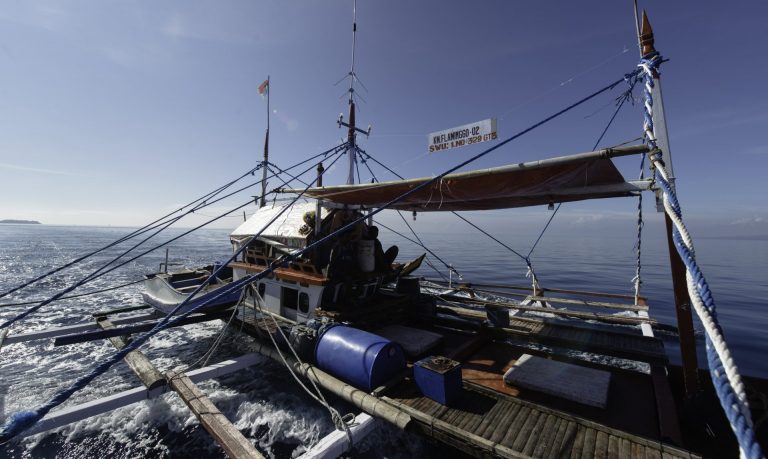
To improve the capacity and resilience of small-scale fisheries we provide training for fishers to ensure they are using resources efficiently with minimal waste and are maximising the socio-economic value of their operations. Beyond training in their operations, we also provide assistance in terms of developing their position in market and policy such as helping to develop their financial literacy, to understand and engage the development of new policy regulations, and to help them achieve and retain access to increasingly demanding global seafood markets. We also initiate and strengthen fisher associations while working together with these local organisations to actively empower fishers to protect their own livelihoods into the future.
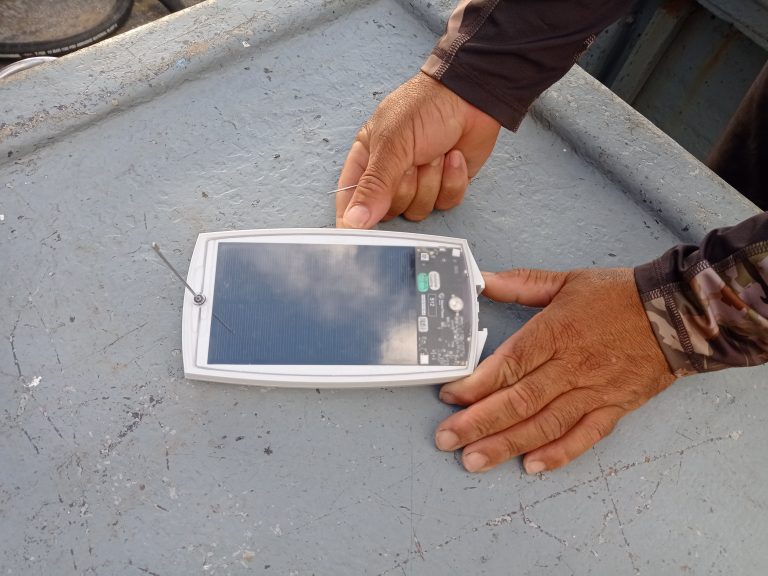
Many of the fishing communities we work with are limited by their circumstance and ability to fish in an ocean of dwindling health and abundance. To help them overcome the complex challenges they face, we invest in innovative solutions such as vessel trackers and electronic monitoring systems to help improve the efficiency and traceability of their fishing operations, which can be evidenced and subsequently improve their position in the market.